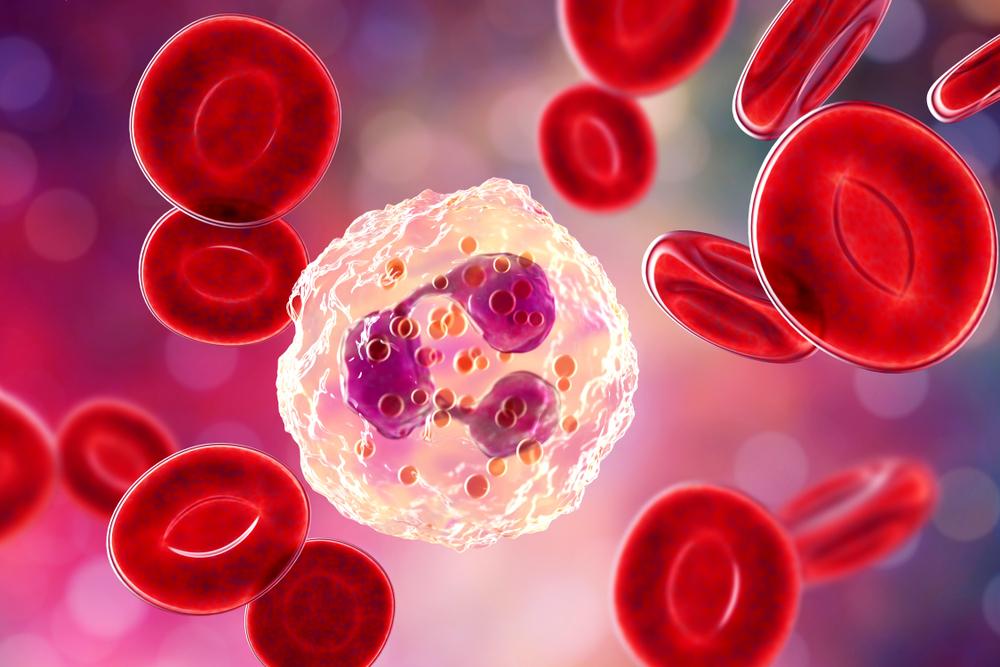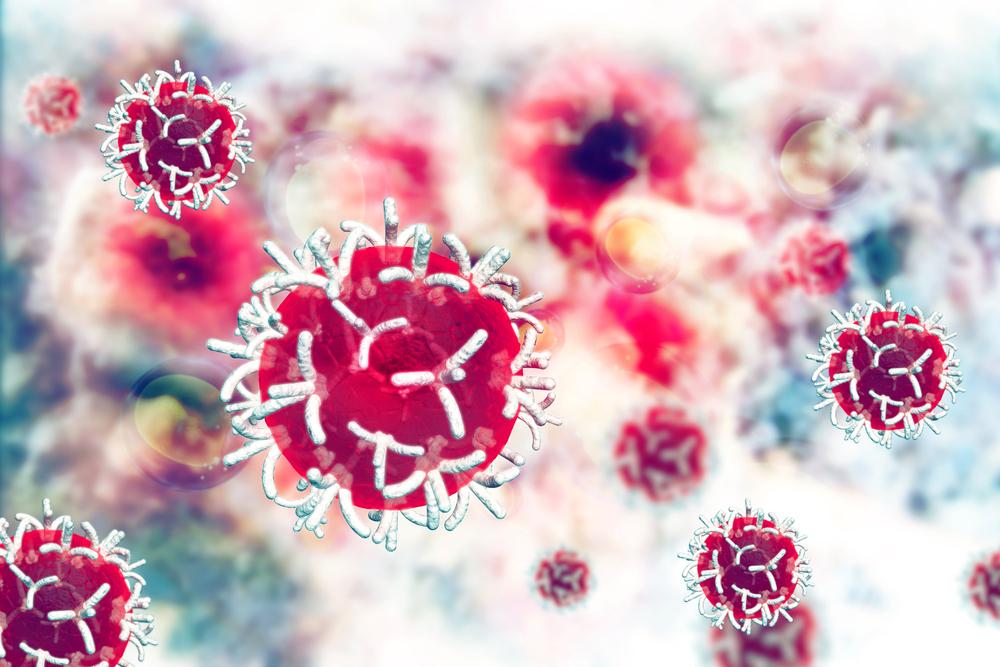During the COVID-19 pandemic, stringent measures such as mandatory masking, vaccination, and “quarantining healthy populations” have turned the United States into a “Biomedical Security State,” Dr. Aaron Kheriaty told EpochTV’s “American Thought Leaders“ program on April 9.
“This welding of public health with digital technologies of surveillance and control and the police powers of the state allows for intrusions on our privacy, on our bodily autonomy, that are unprecedented in history,” said Kheriaty, a psychiatrist and medical ethicist.





